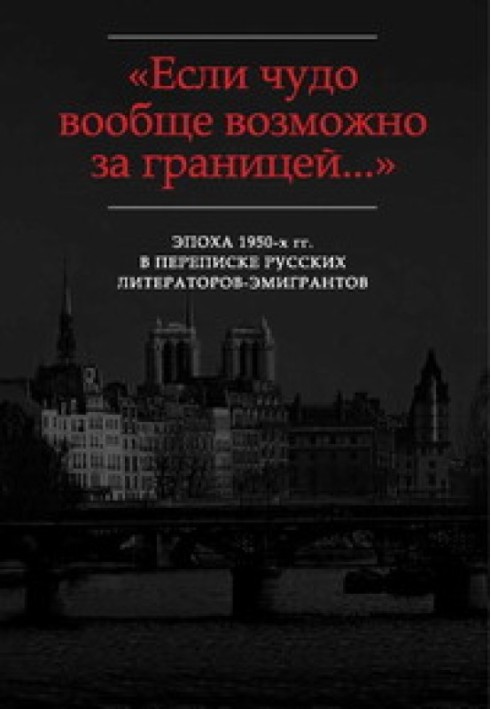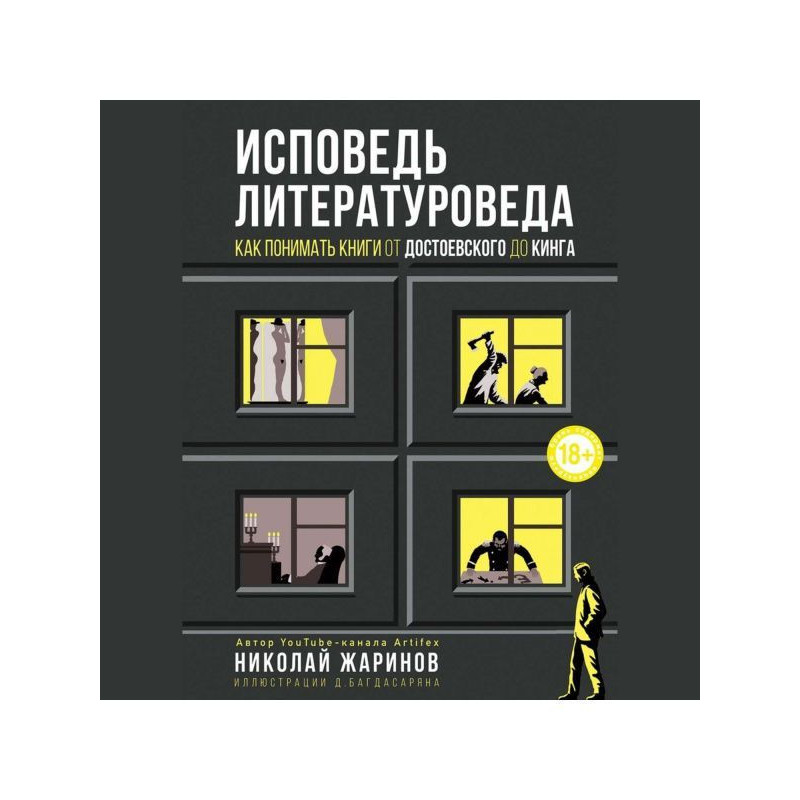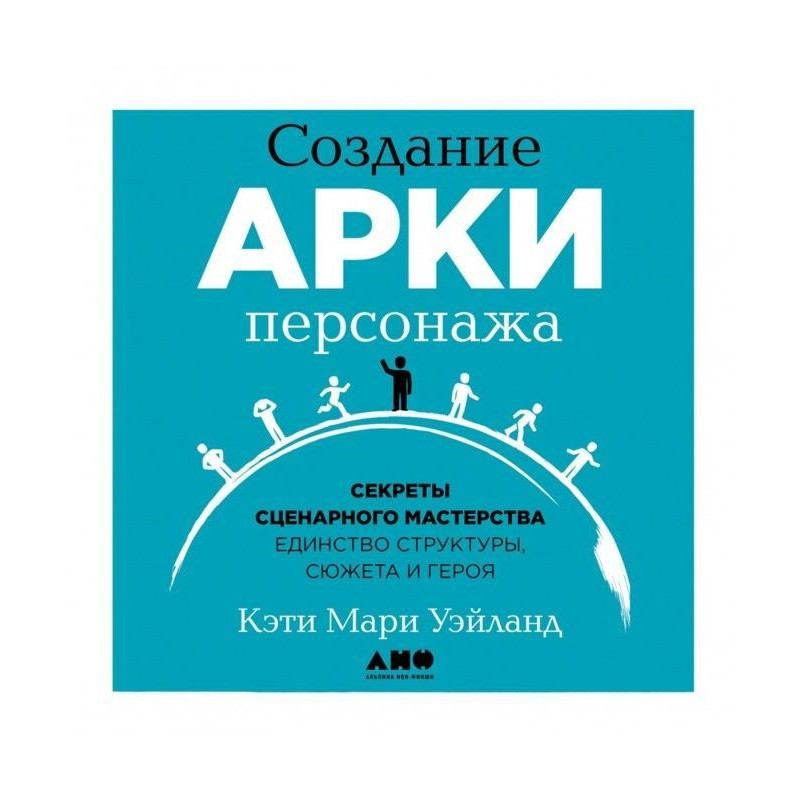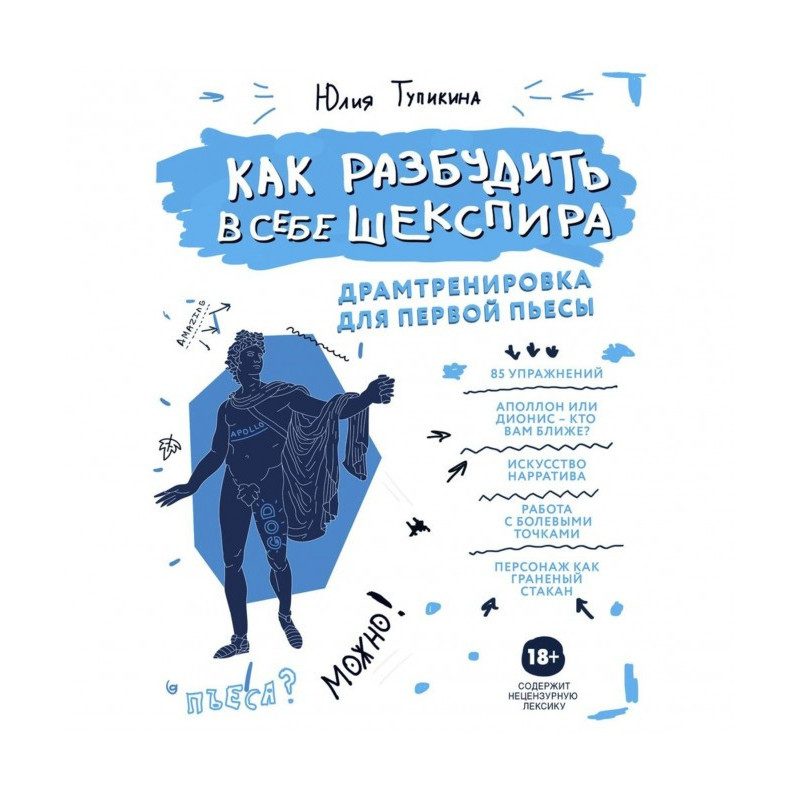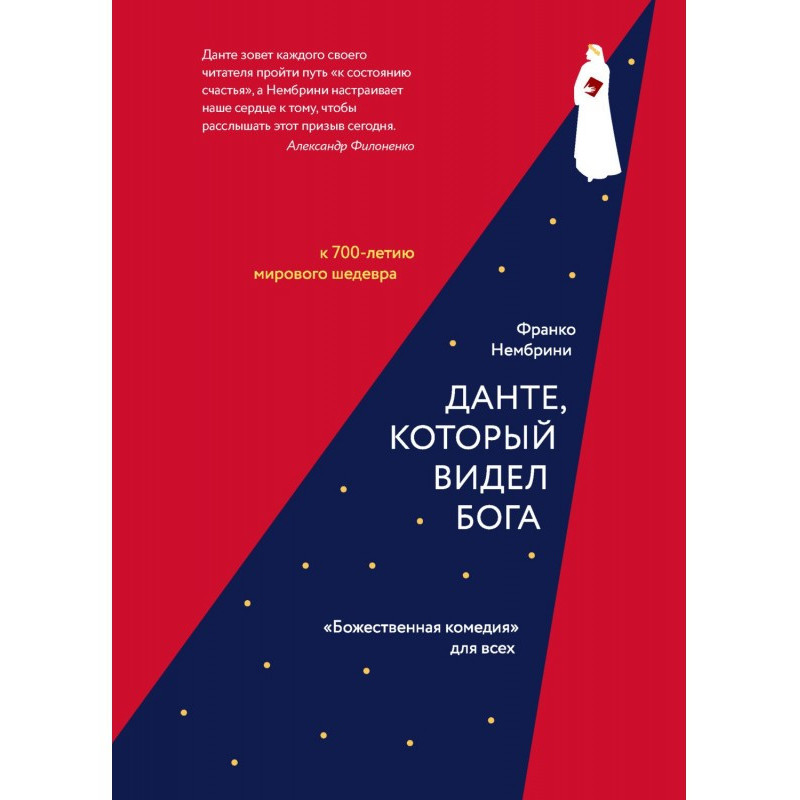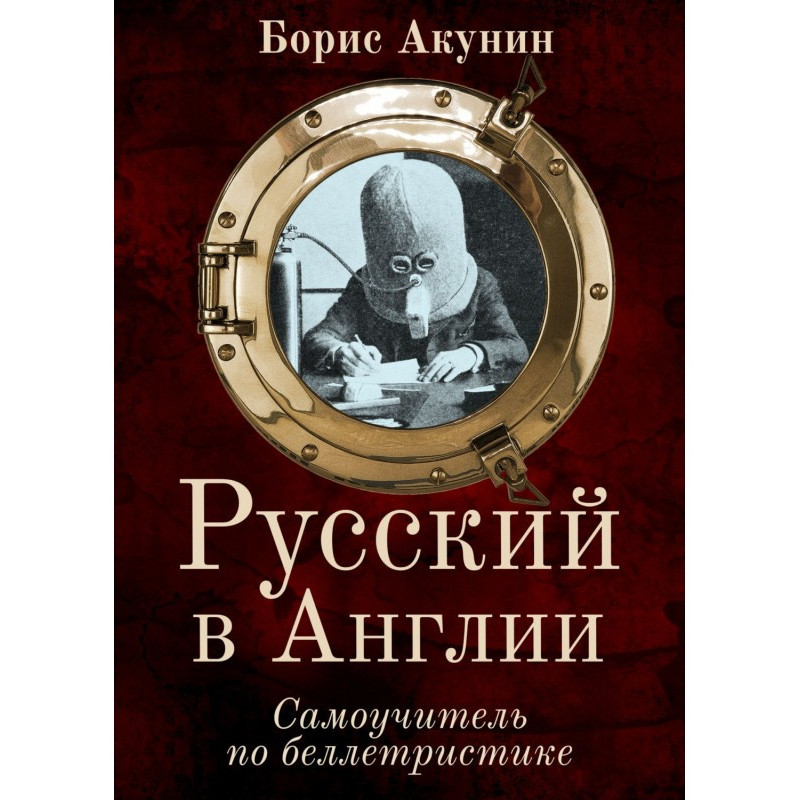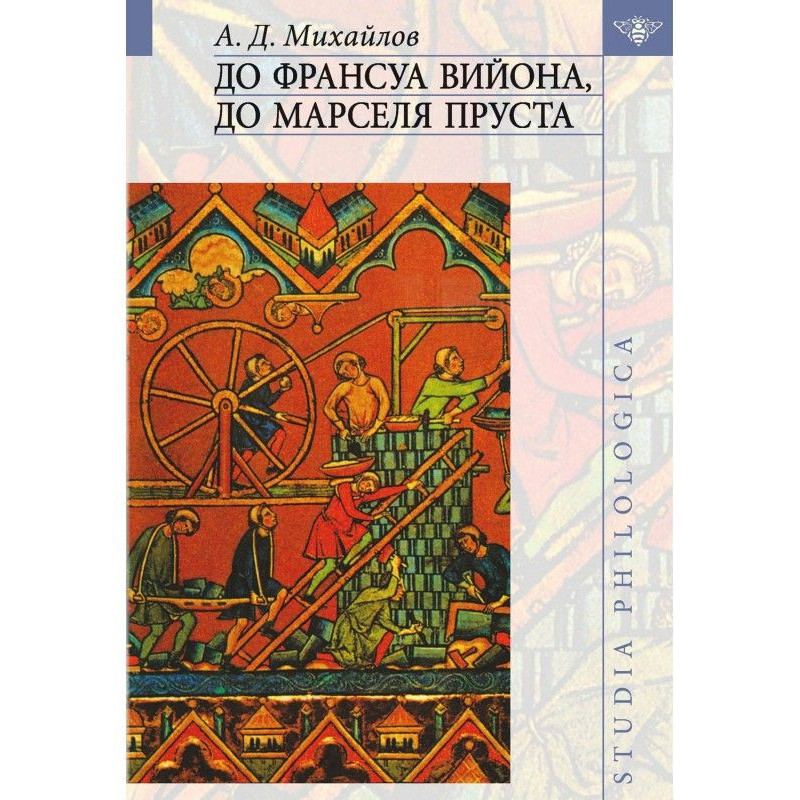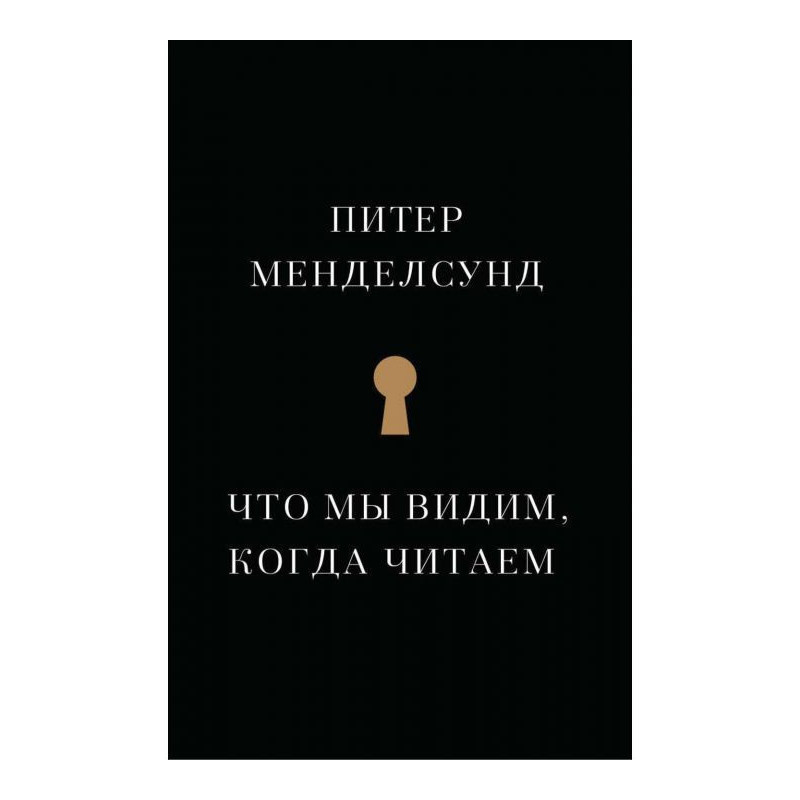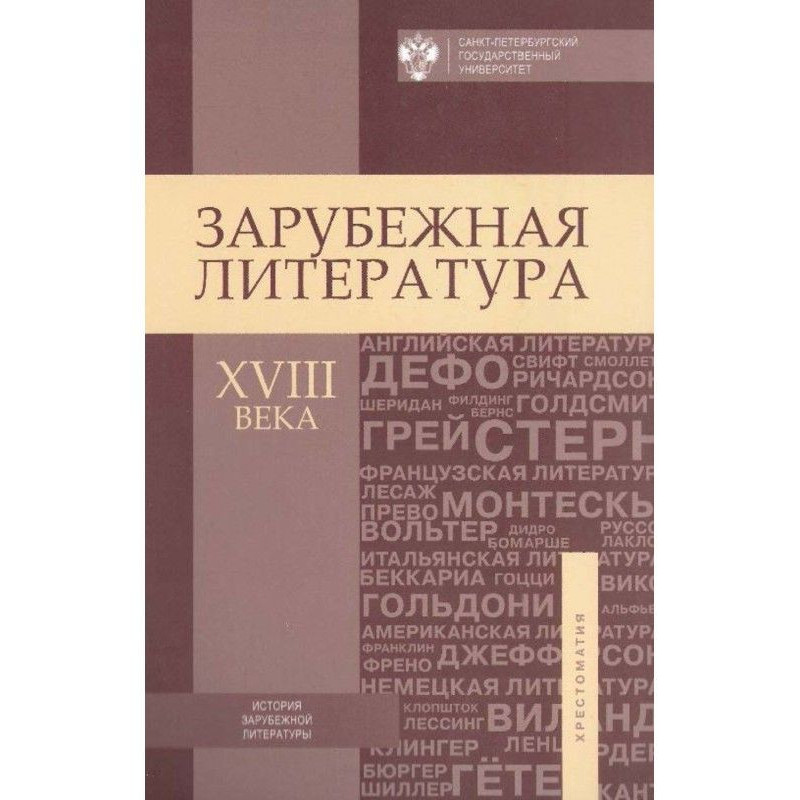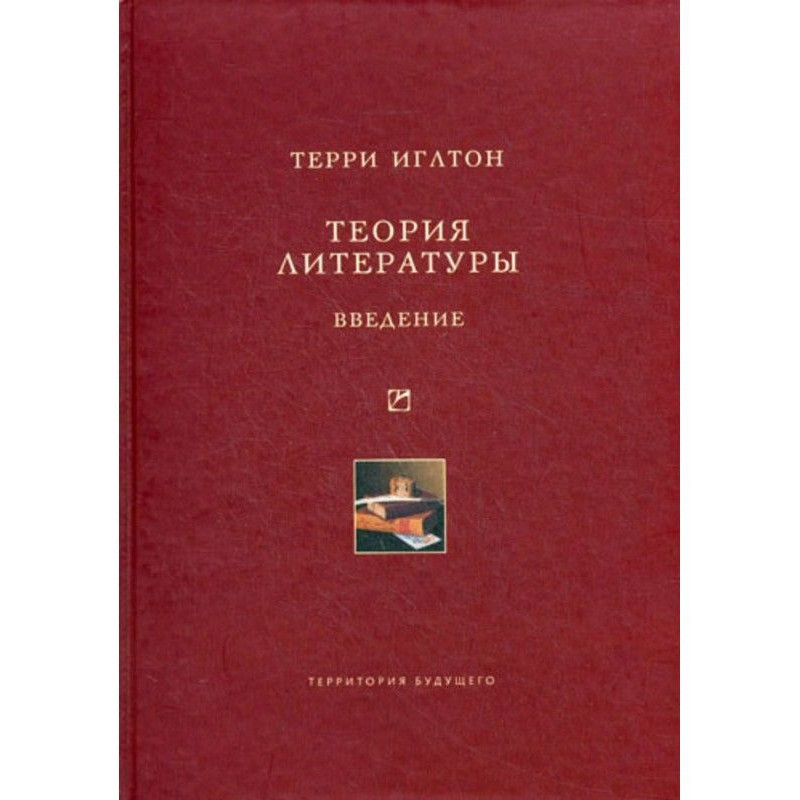“...This era is etched in memory forever”: Letters from Yu.K. Terapiano V.F. Markov (1953-1972)
 Instant download
Instant download
after payment (24/7)
 Wide range of formats
Wide range of formats
(for all gadgets)
 Full book
Full book
(including for Apple and Android)
1950s in the history of Russian emigration, this is a time when the literature of the first generation had already passed its peak, and the generation itself was leaving the stage. But at the same time, this is also a time for summing up, reflecting on the previous era. The published letters are mainly about this. Yuri Konstantinovich Terapiano (1892–1980) is a man of the “unnoticed generation” of the first wave of emigration, a poet, critic, memoirist, who took part in almost all the major literary endeavors of the emigration, from the Union of Young Poets and Writers in Paris and “Green Lamp” to the post-war “Rhyme” and “Russian Thought”. Vladimir Fedorovich Markov (b. 1920) is one of the most famous representatives of the second wave of emigration, a poet, literary critic, and critic, who at that time was just beginning a brilliant academic career in the United States. In all respects these were completely different people. Terapiano is a student of Khodasevich and at the same time a defender of the “Parisian note”; Markov is an expert and connoisseur of futurism; he had a persistent dislike for the “Parisian note”, wanting at least to instill in it the sprouts of futurism and poetic making. By the time the correspondence began, Terapiano was already over sixty. Markov is half that age, a little over thirty. Nevertheless, they were interested in each other. For a decade and a half, both wrote to each other almost monthly, reporting all the news, opinions on new products and just literary gossip. Markov asked about the literature of the first wave, argued, but again and again eagerly asked about the details and details of the pre-war literary life of Paris. Terapiano, in turn, was looking among the people of the second wave for the successors of the literary work begun by his generation, and not finding it, he simply peered at the young writers, trying to understand what they were like, what they came with. It is also curious that all discussions about the change of generations concern not only emigration, but are surprisingly similar to similar processes in the metropolis. The authors of the letters did not think about this and could not think about it, but now the similarity of the processes is striking. From the book: “If a miracle is at all possible abroad...”: The era of the 1950s. in the correspondence of Russian emigrant writers, 2008. P.221-354.
Data sheet
- Name of the Author
- Владимир Марков Фёдорович
Юрий Терапиано Константинович - Language
- Russian
Reviews
Захоплюючий погляд на епоху і літературну спадщину
Книга «…У пам'яті ця епоха відобразилася назавжди» є унікальним документом, який відкриває читачеві двері в світ російської еміграції 1950-х років. Листи Ю.К. Терапіано до В.Ф. Маркова не лише відображають особисті думки та переживання двох різних поколінь літераторів, але й дають змогу зрозуміти, як література та культура змінювалися в умовах еміграції. Терапіано, як представник першої хвилі, ділиться спогадами про минуле, його спостереження про молодих літераторів другої хвилі, а Марков, у свою чергу, запитує про деталі літературного життя, намагаючись з'єднати традиції з новими ідеями. Ця книга не лише про листування, а й про глибокі філософські роздуми про зміни в літературі та суспільстві, які, як виявляється, є актуальними і сьогодні. Вона спонукає до осмислення власної ідентичності, літературних традицій та їхнього впливу на сучасність. Рекомендую всім, хто цікавиться історією літератури та культурою, адже ця книга відкриває нові горизонти розуміння еміграційного досвіду.

